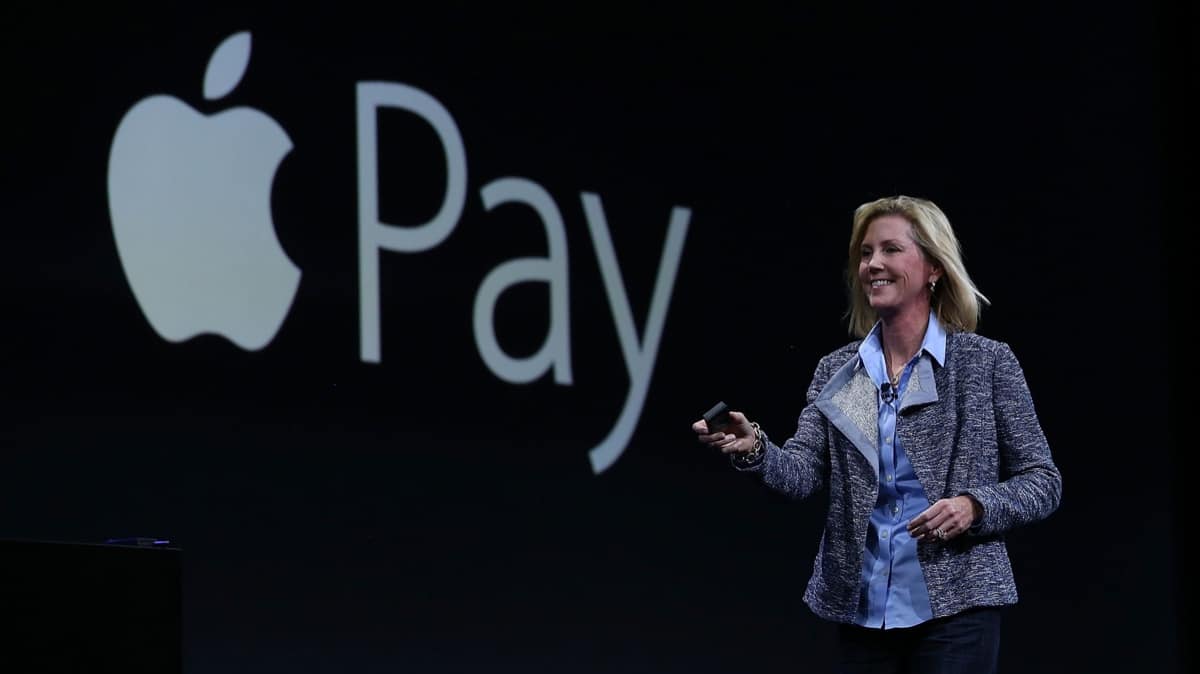LONDON – Tesla received permission to start selling the Model 3 in Europe. Bloomberg News reported Monday that the Dutch vehicle authority, RDW, gave the firm the go-ahead. It could start delivering the Long Range Battery version of the vehicle in February. The news came just days after CEO Elon Musk announced that the company was going to lay off 7% of its full-time staff to reduce the price of the Model 3.
The European launch is crucial for Tesla as it navigates what Chief Executive Officer Elon Musk called a “very difficult” road ahead. The company is cutting jobs so it can profitably deliver lower-priced versions of the Model 3, Tesla’s first car targeted for the mass market. Musk has pointed to sales of the sedan in Europe and China as a main reason he isn’t concerned about any potential setback caused by a halving of the U.S. federal tax credit, to $3,750, on Tesla purchases as of Jan. 1.




















